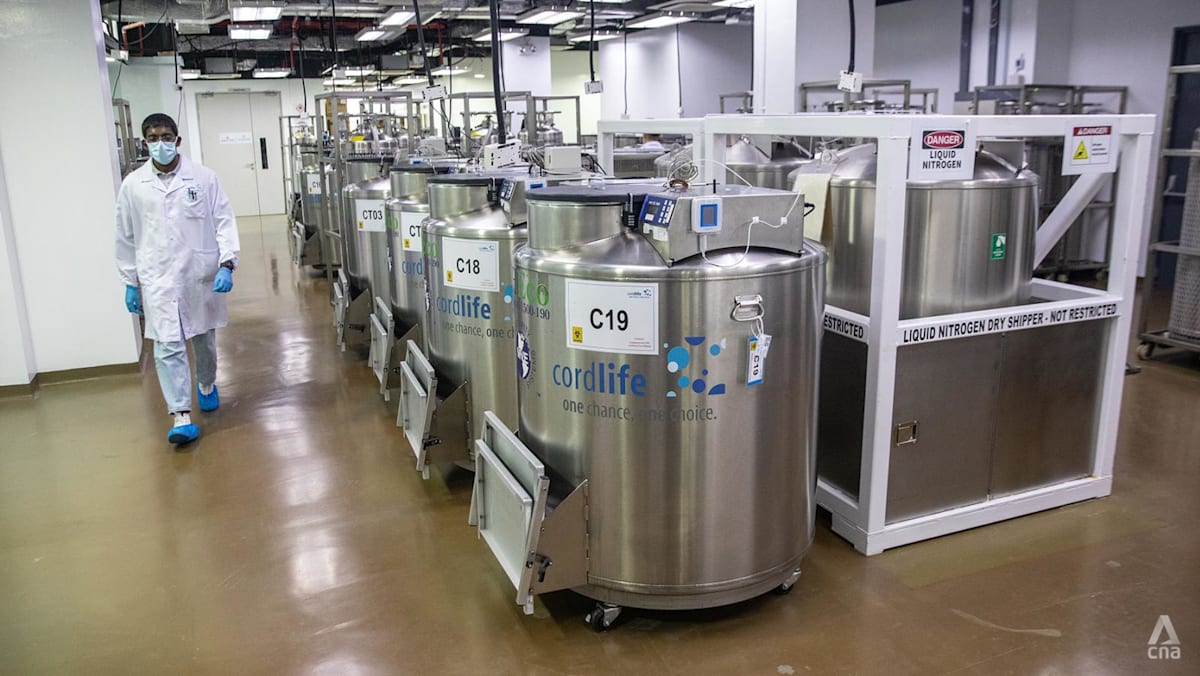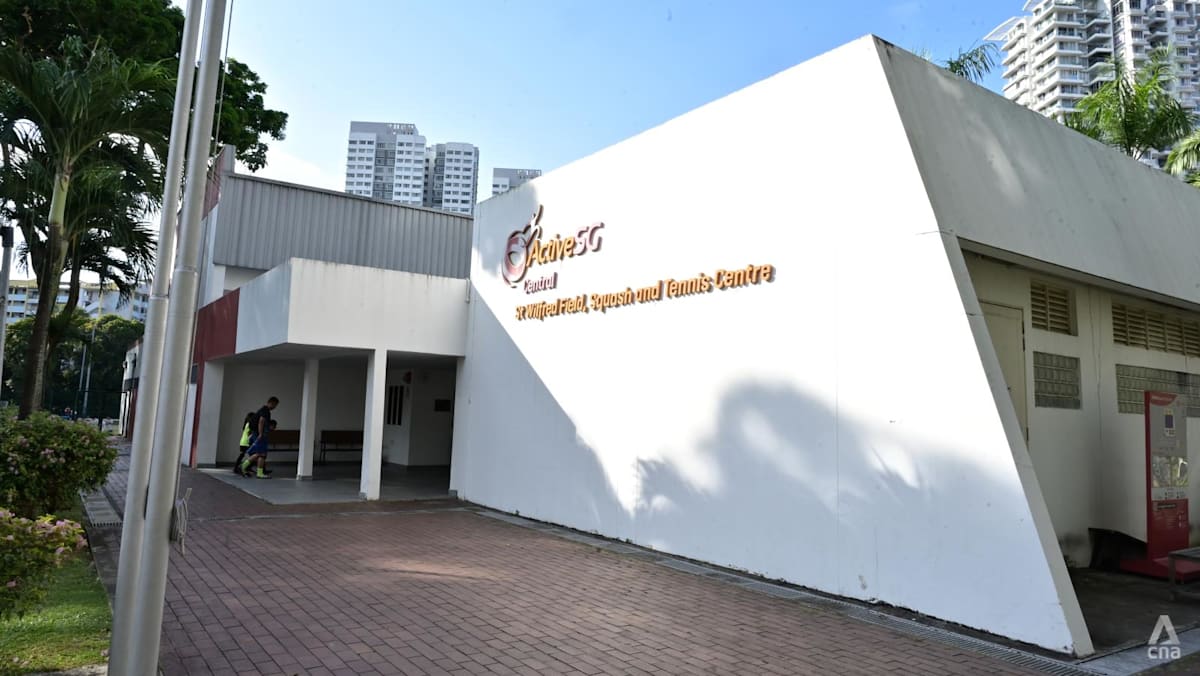SINGAPORE: Cordlife Group was on Monday (Sep 29) issued a notice of intent to suspend its cord blood banking services for a year, following serious lapses in its operations.
The move comes more than eight months after the private cord blood bank had its licence renewed for a year.
The Ministry of Health (MOH) said it discovered lapses during a follow-up audit on Cordlife’s operations in July. These included issues in the collection, processing and testing of 160 new cord blood units since January, as well as failures in governance, incident reporting and management.
The Singapore-listed company has 14 days to respond in writing to the notice of suspension. If the suspension goes ahead, it will not be allowed to bank new cord blood units, but must focus on maintaining the safety and quality of existing ones.
“Should Cordlife continue to fail to meet regulatory requirements, MOH may have to assess and decide whether Cordlife’s licence to operate should be revoked,” the ministry said.
The firm’s mishandling of cord blood units first came to light in November 2023, when MOH announced it was investigating the company.
Seven tanks had been exposed to temperatures above acceptable limits, with one tank containing about 2,200 cord blood units found to be non-viable, affecting at least 2,150 clients. In April last year, another 5,300 cord blood units stored in a second tank and a dry shipper were deemed non-viable.
It was allowed to resume limited cord blood banking services in September 2024 before its licence was renewed in January this year.
Cordlife requested a suspension in the trading of its shares on the Singapore Stock Exchange on Monday morning, pending an announcement.
LACK OF GOVERNANCE, STAFF TURNOVER
During the July audit, MOH found that Cordlife had sustained its improved temperature monitoring practices and kept an accurate inventory. However, the ministry found new lapses in operational areas.
Key staff members involved in implementing improvements had resigned, and there appeared to be no proper handover process.
The clinical governance officer – who typically oversees quality, safety and compliance within a blood banking service – failed to provide proper oversight and guidance, leading to underreporting of incidents and process failures among the 160 new cord blood units.
Cordlife stored units that did not reach the required temperature for cryopreservation, with no evidence of investigation into potential damage.
The clinical governance officer had also wrongly advised staff that these issues were not a concern, resulting in similar incidents not being reported and investigated.
In another incident, the company continued using cord blood collection bags that had been exposed to temperature excursions, without validating their safety or impact on quality.
A panel of experts reviewed the audit findings, and the ministry decided to suspend Cordlife’s services for new cord blood units to allow the company to address gaps in its operations.
If the suspension proceeds, Cordlife will only be allowed to release stored cord blood units for clinical use after a qualified haematologist – a specialist in blood disorders – has assessed their suitability. The haematologist should also provide counselling on the implications of potential clinical uses.
MOH has directed Cordlife to replace its current clinical governance officer and review laboratory records of the 160 new cord blood units.
The company must also investigate any deviations from established policies and inform clients if their cord blood units have been affected.













